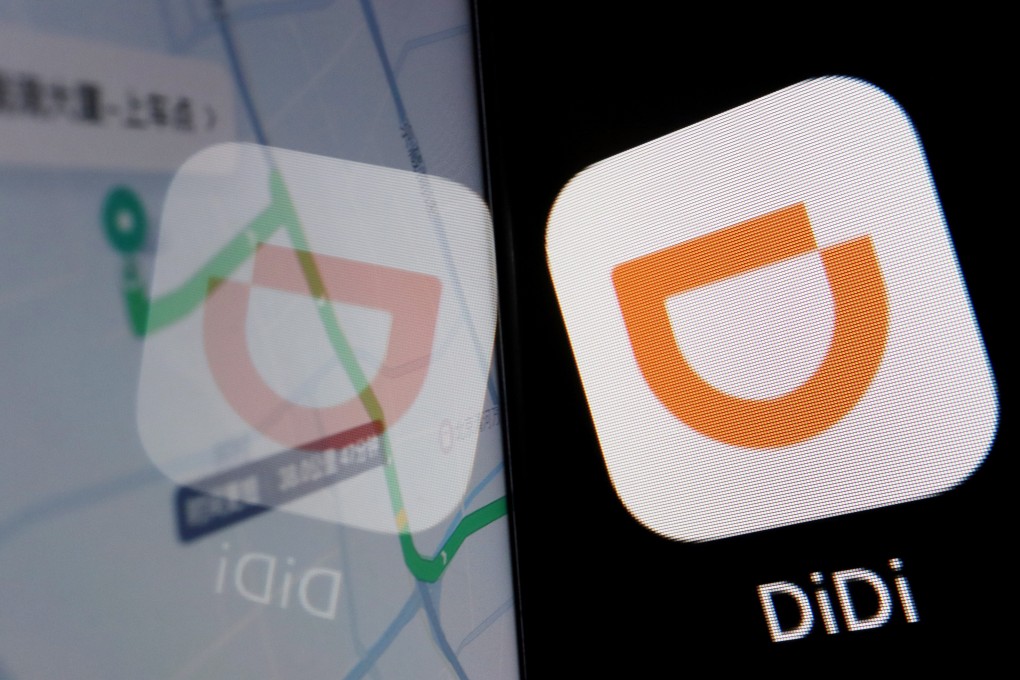Didi’s ride-hailing dominance grows in China despite cybersecurity crackdown from Beijing
- Ride-hailing orders on Didi rose 13.1 per cent in July, above the 10.7 per cent growth for the entire market
- The numbers confirm that Beijing’s cybersecurity review and emboldened rivals have done little to derail the company’s industry dominance

The number of ride-hailing orders through Didi rose 13.1 per cent in July over the previous month, showing stronger growth than the market’s overall 10.7 per cent growth nationwide. Already China’s dominant ride-hailing service provider with 90 per cent market share, Didi has managed to expand even in the face of mounting government and competitive pressure.
China had 241 licensed ride-hailing platforms by the end of July, but only 17 had monthly orders above 300,000, according to data from the transport ministry. The ministry did not provide a breakdown of platforms’ market shares or absolute order volumes.
Even as Didi maintains dominance, only one of the top 17 market players had slower growth in July than China’s ride-hailing king.
Still, Didi has 493 million users and 13 million drivers, making it hard for any company to mount a serious challenge. Its main obstacle now is that it has been unable to sign up any new users since July 2 under orders from the Cyberspace Administration of China (CAC).